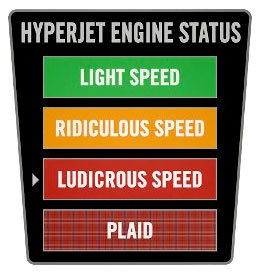CommanderFrank
Cat Can't Scratch It
- Joined
- May 9, 2000
- Messages
- 75,399
Scientists working at CERN have been replicating the experiment of previous testing that indicated the presence of faster than light acceleration of neutrinos. The official word is finally in after months of testing and Einstein was apparently right: there is a universal cosmic speed limit.
“Although this result isn’t as exciting as some would have liked,” said Bertolucci, “it is what we all expected deep down.”
![[H]ard|Forum](/styles/hardforum/xenforo/logo_dark.png)

